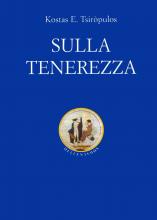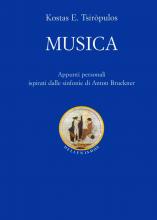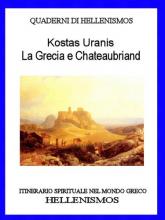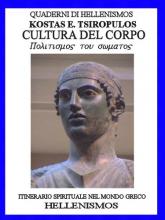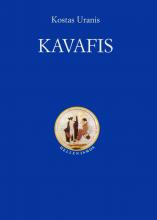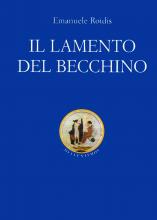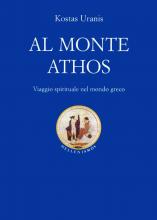La Vita di Mosco è tanto poco conosciuta, che alcuni hanno pensato a torsi d'innanzi questo personaggio, confondendolo con Teocrito, e hanno creduto che il vero nome di questo poeta sia Mosco, non essendo Teocrito che un soprannome datogli a cagione della fama che si era acquistata coi suoi componimenti: poiché Teocrito vale; uomo di divino giudizio.
Emanuele Roidis: IL LAMENTO DEL BECCHINO
In un cimitero di Atene, il narratore incontra un uomo conosciuto molti anni prima, florido allora e ridotto adesso a fare il becchino. E il becchino racconta le sue disavventure che l'hanno privato della bella moglie, poi dei figli e di tutta la prosperità di cui godeva un tempo. La colpa di tutto ciò: la politica.




















